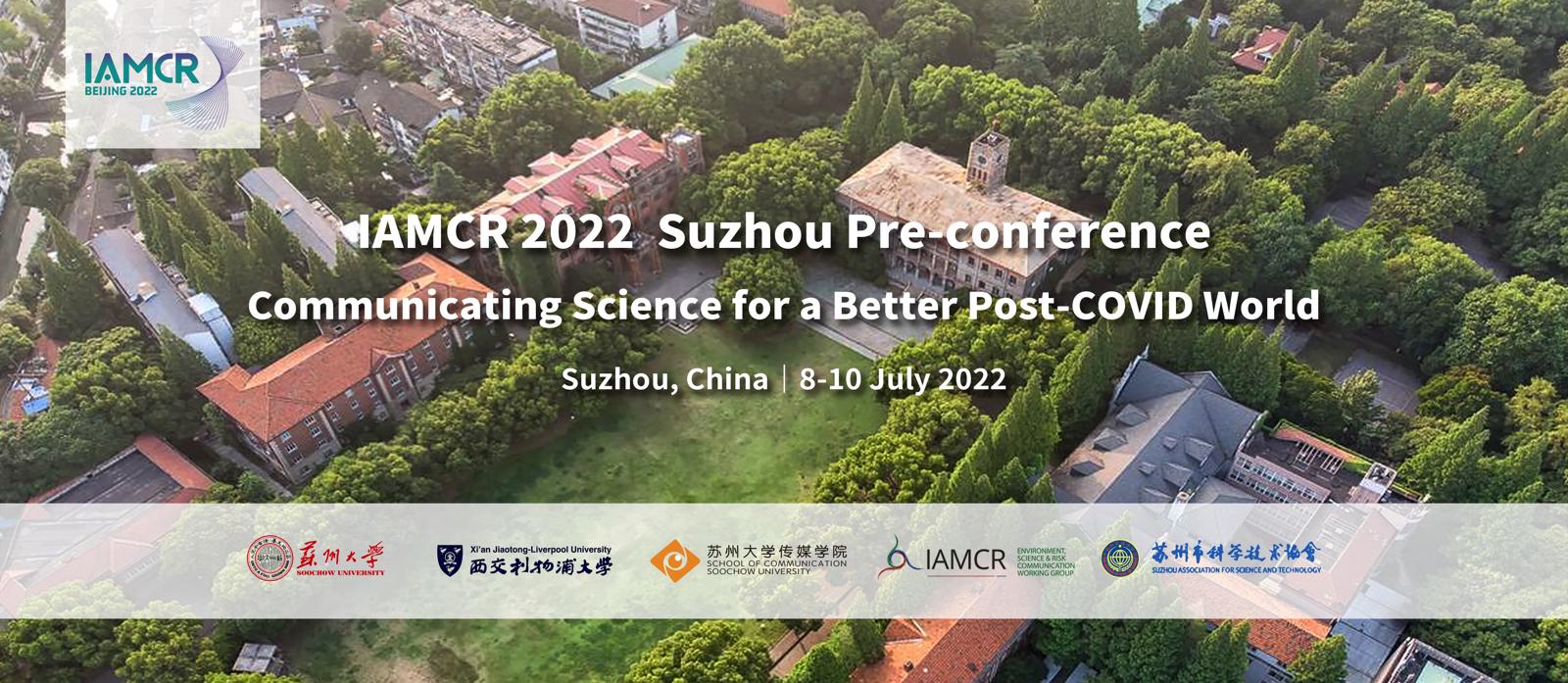Background:With facial recognition technology(FRT) now being used for everything from construction of smart city to unlocking phone, it’s inevitable to use it.In previous studies, scholars mostly discussed this topic from the perspective of technology acceptance or diffusion of innovations.However, the privacy breaches caused by the misuse of FRT in daily life has raised concerns,especially among well-educated groups.At present, little is known about whether public scientific literacy and perceived privacy risk can influence the acceptance of FRT.
Objective:Drawing on the perspectives of democratic model and psychological reactance theory,this study aims to clarify the factors and their mechanisms of action that influence Chinese users’ acceptance of FRT.
Methods:Our survey uses snowball sampling to collect 908 copies of valid online questionnaires.We measured media exposure, science literacy,perceived privacy risk,perceived benefit,psychological reactance and acceptance of FRT.Then, we usd SPSS26.0 and PROCESS completed the data analysis.
Results: The empirical studies in this paper demonstrate that,after controlling for demographic variables and media exposure,respondent's acceptance of FRT has significant relationships with science literacy,perceived privacy risk and perceived benefit.Perceived benefit mediated the influence of science literacy on acceptance of FRT.Moreover,the results indicated that psychological reactance strengthens the direct effect of perceived privacy risk on acceptance of FRT as well as moderate the mediator.
Conclusions:Our study examines the factors affecting Chinese users’ intention to use FRT service.The findings have theoretical relevance for revealing the complex psychological mechanisms behind users' acceptance of FRT and provide practical guidance to platform providers, relevant operators and regulators.

 京公网安备 11010802039275号
京公网安备 11010802039275号